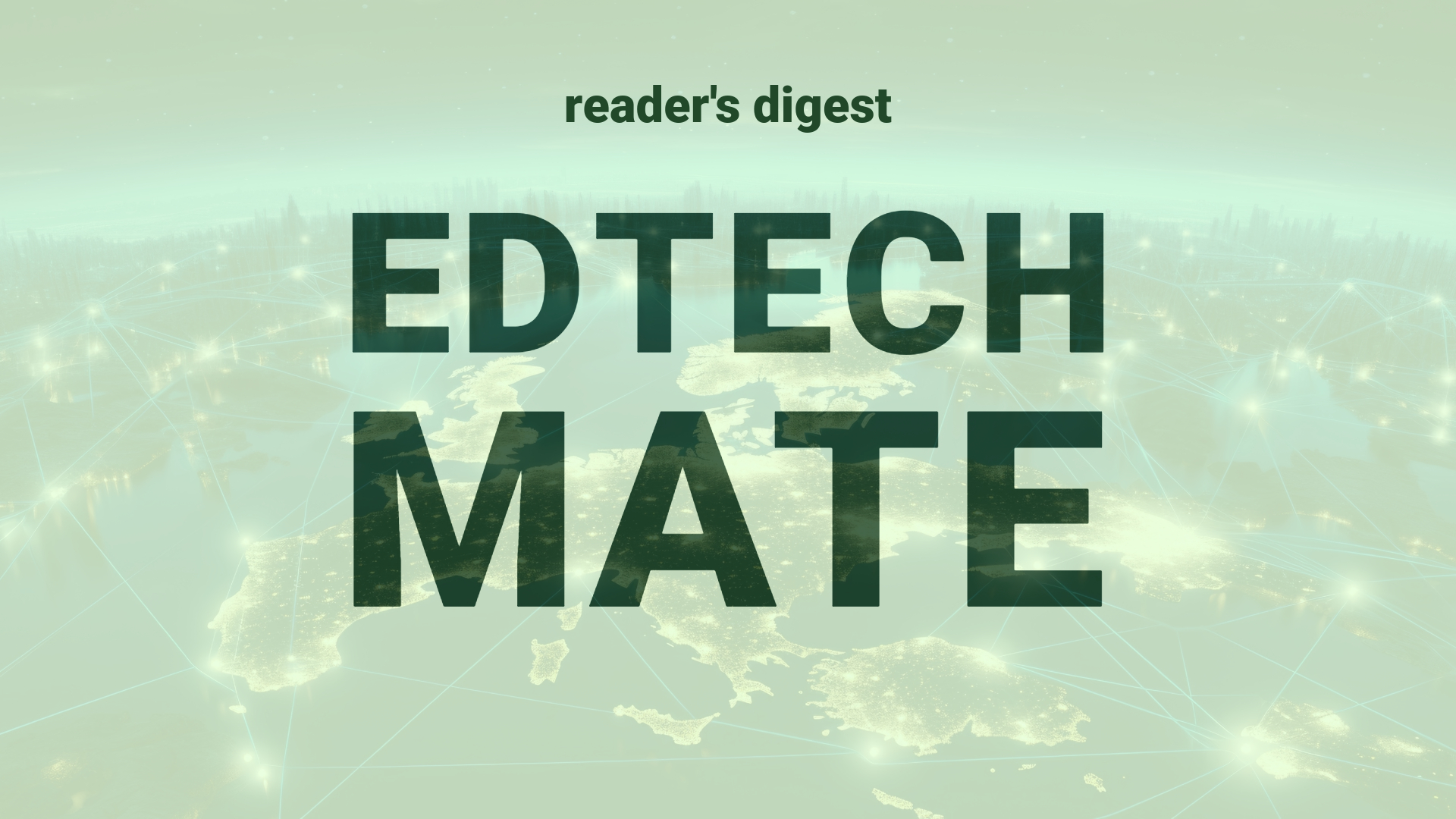Executive Summary and Main Points
Key innovations in sustainability practices within the product management sector are creating opportunities for software development and enterprise growth. Yusuf outlines two primary dimensions: developing products that aid clients’ sustainability paths and crafting products through sustainable methods, emphasizing data solutions. The role of AI is evident, offering scalable solutions for operational efficiency and sustainable transformation. Discussions with Singh reveal a trend towards the integration of sustainability with profitability, where sustainability actions are embedded into routine operations. Industries are diversifying their sustainability focus, evidenced by changes in the financial sector’s approach to Scope 3 emissions, which is indicative of an elevation in strategic sustainability considerations in product design and management.
Potential Impact in the Education Sector
In Further Education and Higher Education, there is an anticipated shift towards operational programs that incorporate sustainability metrics and standards. For instance, AI-integrated platforms could transform campus energy management and offer predictive maintenance for institutional assets. AI and data analytics can further bridge the educational and professional worlds though Micro-credentials, enabling tailored learning pathways that reflect sustainable practices. Strategic partnerships between educational institutions and technology providers could lead to the development of curriculum and research focused on sustainability. Potentially, students could engage with platforms such as Envizi or Turbonomic as part of their coursework or in the management of university infrastructures.
Potential Applicability in the Education Sector
Innovative applications of AI and digital tools can bolster global education systems by providing predictive analytics for campus resource management and enhancing e-learning platforms through adaptive learning technologies. AI could assist in reducing operational costs by optimizing energy consumption across campus facilities, contributing to both financial savings and emission reductions. Educators can leverage AI to access and analyze large datasets, introducing students to real-world applications of sustainability metrics. Additionally, AI can enable personalized learning experiences that adapt to students’ progress and performance, aligning with the goal of equipping future leaders with the knowledge and skills for sustainable development.
Criticism and Potential Shortfalls
While there are promising prospects, the implementation of AI and sustainability products within the education sector could encounter challenges. Data privacy concerns and ethical considerations regarding the collection and use of student information are significant. Equally, the cultural implications of deploying AI tools in diverse geographical contexts demand nuanced approaches to ensure equity and inclusivity. Comparative international case studies may reveal discrepancies in the adoption of technology-enhanced sustainability initiatives, with disparities often emerging between institutions in developed and developing nations. There is also a risk of over-reliance on technology, potentially undermining the role of human judgment in sustainability practices.
Actionable Recommendations
To integrate these technologies in global higher education, it is essential to develop comprehensive strategies for the ethical use of AI with a clear emphasis on data governance. Educational leadership should consider establishing consortia for sharing best practices and fostering strategic alliances with technology providers. Institutions may explore pilot programs that incorporate AI to manage campus facilities or incorporate sustainability analytics into curricula. This requires investment in professional development for staff to effectively utilize these tools. Finally, international collaboration should be prioritized to ensure inclusive access to AI-enhanced learning, fostering sustainable development and digital competencies across the global education sector.
Source article: https://www.mckinsey.com/industries/technology-media-and-telecommunications/our-insights/kareem-yusuf-on-building-sustainability-products-for-your-customers

